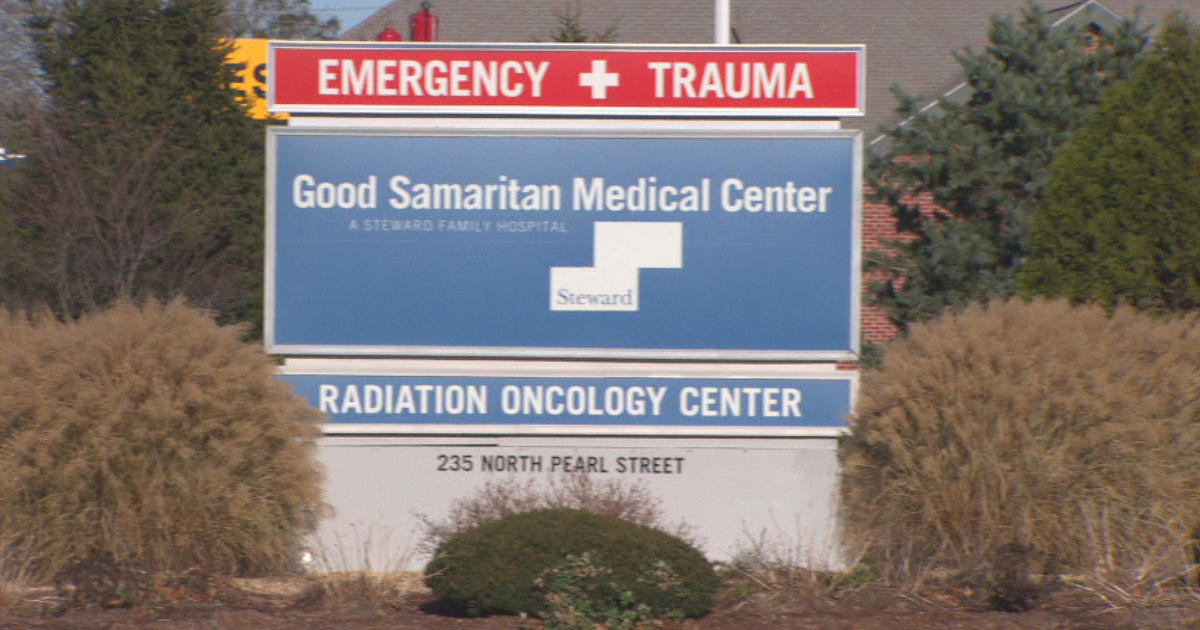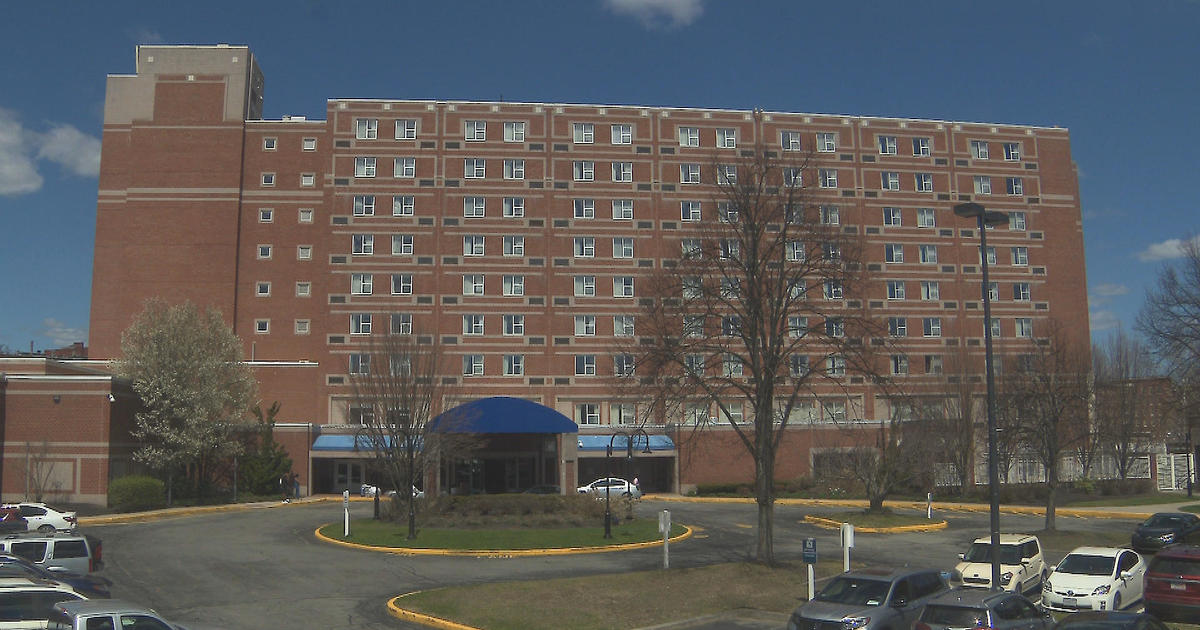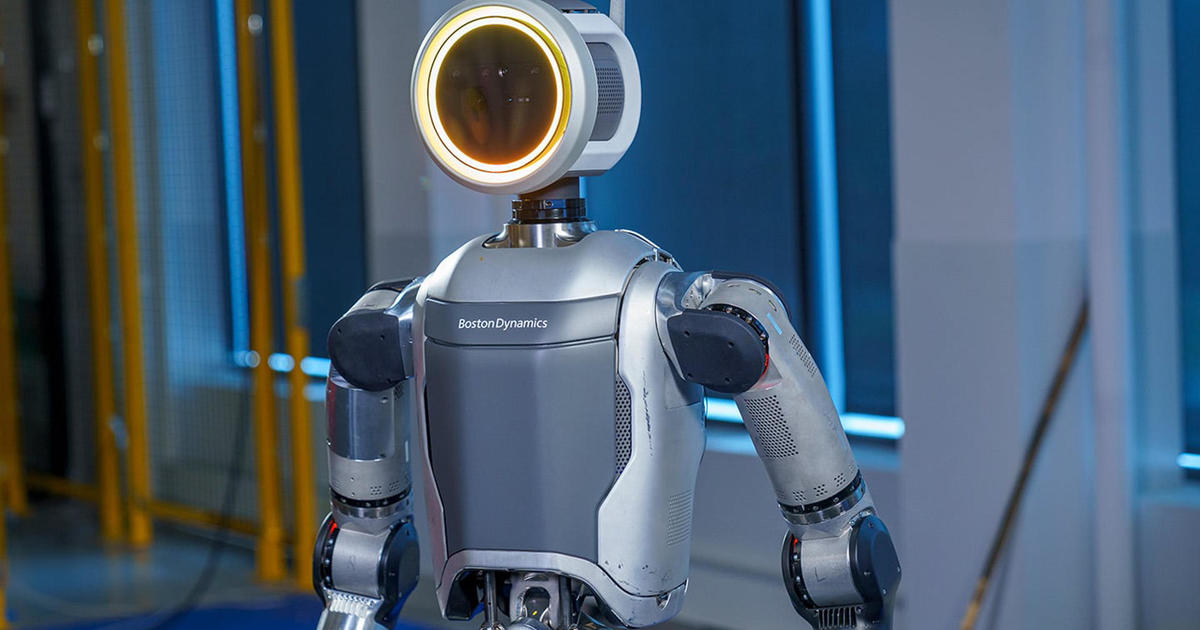Genetics and its Role in Heart Disease
By RHONDA MANN Tufts Medical Center Staff
When Oregon scientists announced recently they had successfully edited the DNA of an embryo, ridding it of a mutation that leads to heart trouble, many were in awe, including cardiac genetics expert Dr. Gordon Huggins.
"We can do genetic tests to find people at risk of disease and we can implement prevention strategies. But people will say to me 'that's great. What can you do about it once it's identified that a genetic defect exists?,'" said Dr. Huggins, Director of the Molecular Cardiology Research Institute Center for Translational Genomics and a cardiologist at the CardioVascular Center at Tufts Medical Center. "This genome editing provides a proof of principle that you can do something about a root cause of heart disease. We're a long ways from this happening, but it creates the potential for prevention and potentially treatment."
Historically, genetics has played a big role in cardiac care and prevention. The Framingham Heart Study, started in 1948, followed 2,300 men and women for heart issues – and then multiple generations of children, confirming that having a parent with early heart disease increased the chances their kids would have the same issues. That study, and others, have also provided proof that not just heart disease itself, but risk factors for heart disease can be inherited – hypertension and high cholesterol among them.
"Genetics and heart disease comes in two flavors. First, you have a single genetic change that has a powerful, potent effect and actually causes heart disease," said Dr. Huggins. An example of this, he notes, is Hypertrophic Cardiomyopathy or HCM, a disease characterized by thickening of the heart muscle. This is what was potentially prevented in the DNA editing experiment in Oregon. One genetic mutation is all it takes for HCM to form.
"The other flavor is when weak but multiple gene mutations occur that may be passed down from generation to generation," explained Dr. Huggins. For example, there are about 100 different variants of genes that contribute to high cholesterol, but each one contributes only a small amount. "These mutations, in combination with environmental factors, could also increase someone's predisposition to heart disease."
Those environmental factors include things like regular exercise, good nutrition and not smoking. Someone with small genetic mutations that put them at risk for high blood pressure, for example, may never get the disease if they eat well and remain physically fit.
So when is family history important?
"If you have a family history of sudden cardiac death or severe heart failure particularly in someone who is young – in their 20s or 30s, genetic testing has a very clear role. We can use it to identify the risk of a similar problem developing in other family members," said Dr. Huggins. He added that for those who were found to have similar genetic mutations, prevention strategies might include frequent cardiac screenings or implantable defibrillators.
He also says it's important to tell your doctor if there is a male family member under the age of 55 or a woman over the age of 60 in your immediate family with coronary disease. This scenario falls into that second "flavor" of genetics, the small mutation category – not worthy of genetic testing, but still good information to share with your physician.
"This knowledge will help us identify possible risks due to genetics. It allows us to tee-up conversations with our patients about prevention -- like exercise and eating right," said Dr. Huggins.
In terms of the recent experiment in Oregon, Dr. Huggins says there is a lot more study that needs to be completed, including having their finding replicated by independent labs. And there are some ethical issues to tackle.
"The real question will be, is this safe?," said Dr. Huggins. "If we can fix, say, a devastating form of heart disease by editing our DNA, will we end up producing a different devastating form of heart disease or some other problem? It is both a very exciting time to be in genetics, and a very challenging one."
Posted September 2017
The above content is provided for educational purposes by Tufts Medical Center. It is free for educational use. For information about your own health, contact your physician.



